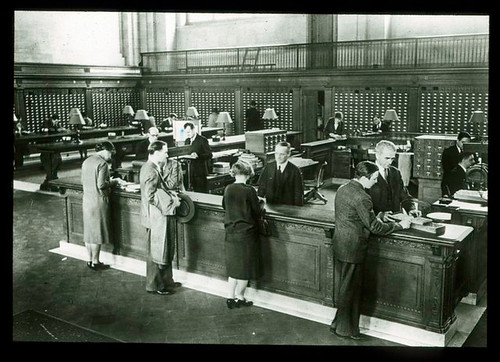
Some consulting engagements deliver results. Others leave you alone with a huge PPT deck… and a hefty hole in your pocket.
So what can you do to make sure your consulting spend doesn’t exceed your expectations? Here are 4 tips.
1. Be clear about your goals

Consultants are problem solvers.
Here’s what they’ll do: advise you about specific questions, challenges, or opportunities your company is facing. Should you enter a new market? What’s the best way to figure out why shipments to your warehouses are delayed? Do you need to update your branding strategy, but aren’t sure where to start?
Here’s what they won’t do: take over someone’s day job. If your marketing team is implementing a new strategy and needs an adviser to guide them through the process or a project manager to oversee the work, it makes sense to engage a consultant. If it’s just chronically overextended, not so much. (Unless you need help figuring out why.)
2. Make it easy to get information

Consultants rely on you to give them the resources they need to be successful.
So you should make it easy for them to determine what information is already available, who the stakeholders are, and what internal and external resources are at their disposal throughout the company. Who should they interview to learn about your current process? What research has already been done?
3. Learn as you go

Used to be, consultants were cloistered away from their clients, and you had to wait until the engagement was over to actually see what they’d done.
Today, most consultants cultivate a closer working relationship with their clients, having conversations that are more regular and less formal throughout the engagement. Why is that important?
First, when they come to you with new findings and roadblocks, your feedback can make the difference between a long detour down a path your company has already explored… or a major breakthrough.
Second, it’s an opportunity for you to act on their insights and make mid-course corrections. It’s a process of learning as you go — and it helps your consultants get smarter, too.
4. Prepare for the postgame

Long before the engagement ends, you and your consultants should have thought about next steps — and what they can do to set you up for their departure.
Should they present their findings to key stakeholders? Should they create and lead a workshop or craft a detailed execution plan?
Could they stay on in an advisory capacity to address questions or revise plans if roadblocks come up?
Finding good consultants is only half the battle. The rest is up to you.
Ready to a hire an on-demand management consultant? We can help!
GET THE SKILLS YOU NEED
Thousands of independent consultants, subject matter experts, project managers, and interim executives are ready to help address your biggest business opportunities.
About the Author
More Content by Lisa Vance



















